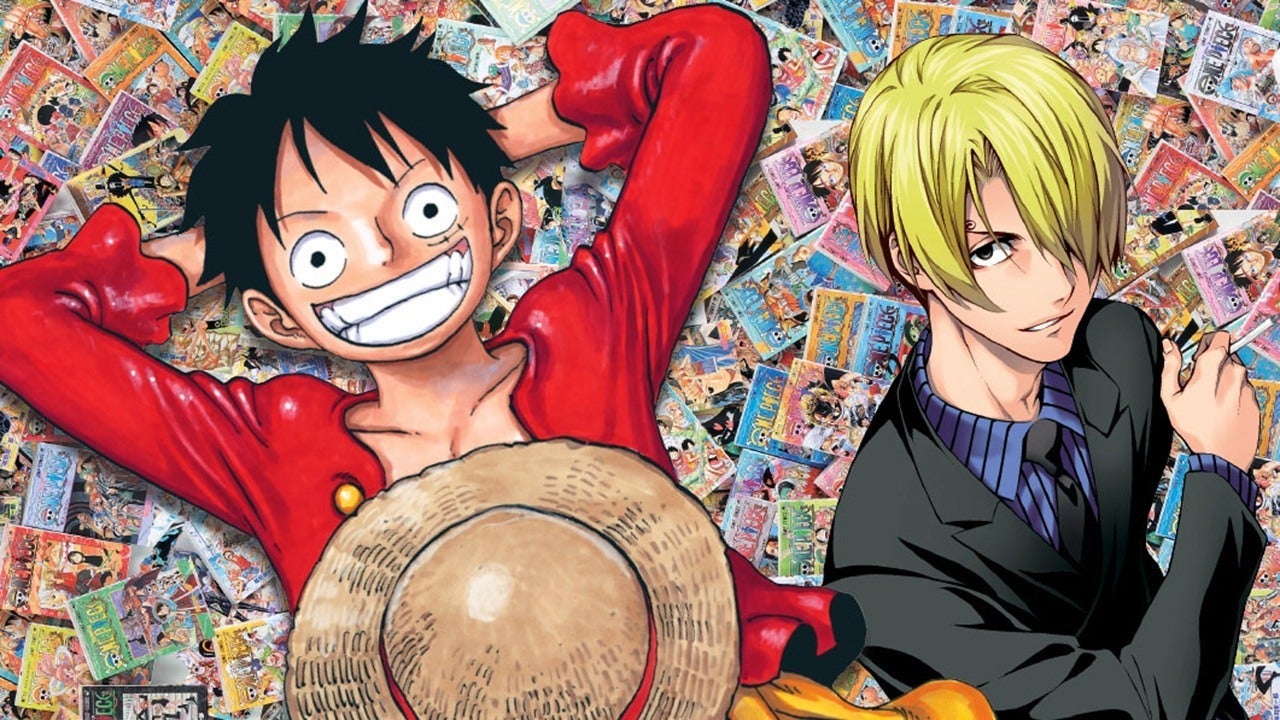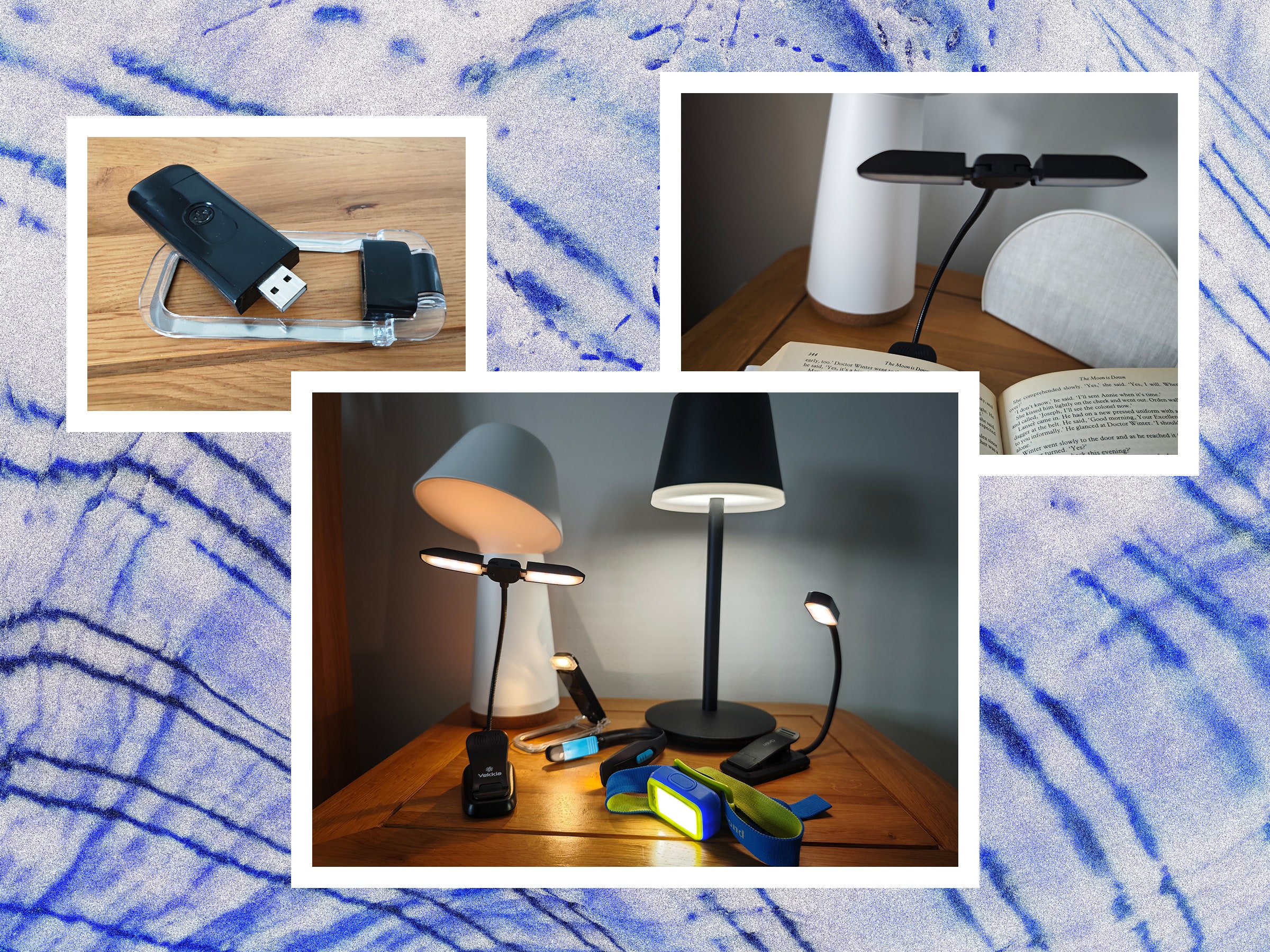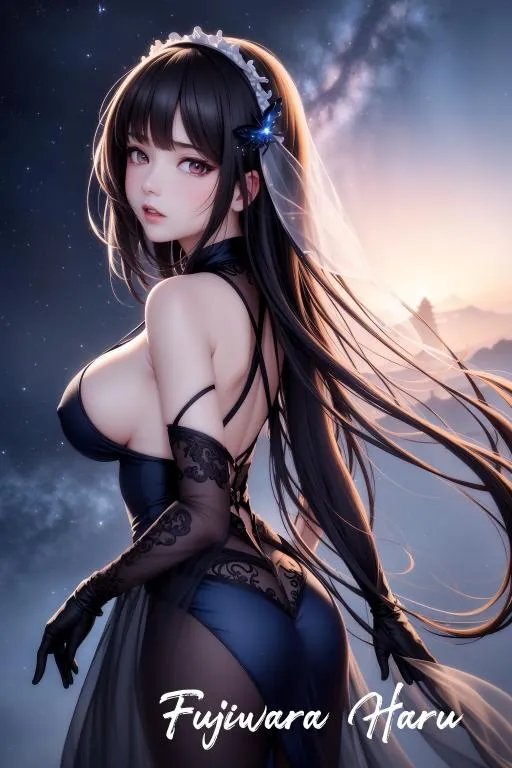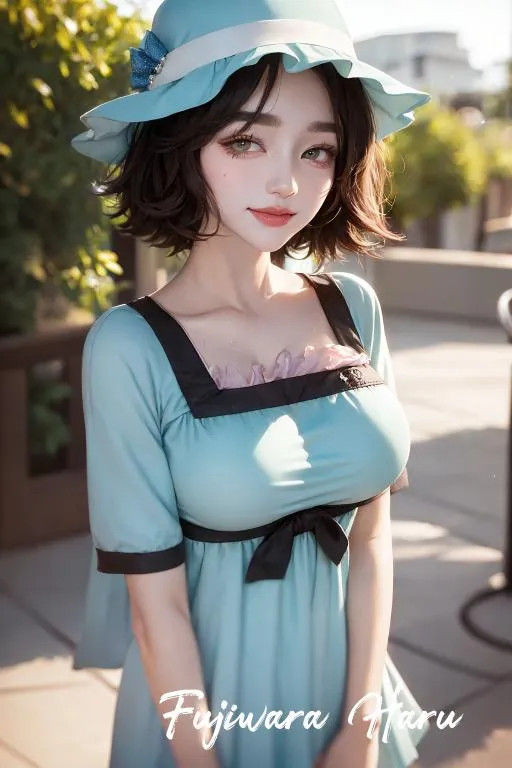The first season of Unicorn: Warriors Eternal is now streaming on Max.
Genndy Tartakovsky is a legend of animation, and he’s responsible for some of the biggest TV cartoons of the last 30 years, including Dexter's Laboratory, Samurai Jack, and Primal. But for the past 20 years, Tartakovsky has been trying to make a different kind of show, a fantasy sci-fi adventure about immortal warriors influenced by the works of Hayao Miyazaki and Osamu Tezuka as well as Max Fleischer.
The first season of Unicorn: Warriors Eternal proves the wait was worth it. In many ways, it’s the culmination of Tartakovsky's career as a director and animator to date, a kinetic, thrilling adventure with the action and serialization of Primal and Samurai Jack the sense of mythology of Clone Wars, and the lore and world-building of Sym-Bionic Titan. The result is a unique, fresh cartoon with as much to offer to young audiences as it does to adults – the work of a maestro at the height of his creative powers.
From the very beginning, Unicorn: Warriors Eternal feels simultaneously universally appealing and esoteric. Unlike the silent storytelling of Primal, its scripts are rather chatty, more like Sym-Bionic Titan’s. The story of the three immortal warriors who reincarnate across time in order to fight an evil entity is a bit weird to sell to general audiences – and that’s before you factor in the warriors’ identities: Melinda, the daughter of Merlin the wizard; an elven warrior with a magic sword named Edred; and Seng, a cosmic monk with orange eyes and access to the astral plane who constantly gets distracted by passing cosmic creatures like flying whales. Oh, and their souls are held by a steampunk robot called Copernicus until their next reincarnation. It’s a deeply odd show with a huge amount of lore (of which the first season barely scratches the surface), a world that seems fully fleshed out, and characters that ground even the strangest aspects.
Melinda’s story forms the crux of the season. The powerful sorcerer is reincarnated in the body of a Victorian teenager named Emma; turns out, something happened that brought the warriors back ahead of schedule and all in much younger bodies than usual. But Emma’s spirit is still hanging around, so throughout the season, we see her and Melinda struggle with an identity crisis brought upon by their two souls sharing a single body. It’s the most emotional thread of the season, and it shows Tartakovsky's ability to tell earnest stories that don't get bogged down by the action. But this is also the guy that gave us Dexter's Laboratory, so there's plenty of comedy in Unicorn: Warriors Eternal, too. Seng steals every scene he's in, and there's a gag early in the season involving an army of nude statue soldiers who get, well, neutered before the fight, and it is absolutely hilarious.
Unsurprisingly, Unicorn: Warriors Eternal looks fantastic. Studio La Cachette (who handled animation for Primal) demonstrates why they are one of the best animation houses working today, capturing the kinetic energy, precise camera angles, and movements of Tartakovsky's storyboards to give us energetic and dynamic fight scenes that blow most western animation away. This extends to the overall look of the show, with the Victorian steampunk aesthetic giving Unicorn: Warriors Eternal a unique style that suits the blend of tones and genres. Everything goes in this cartoon, and it somehow works: Yes, Emma is essentially a goth version of Betty Boop, while Seng is very much a Chuck Jones character, but they blend together masterfully in this weird world because it is portrayed earnestly. You believe when the characters take something seriously and when they think their situation is ridiculous because both matter to them.








